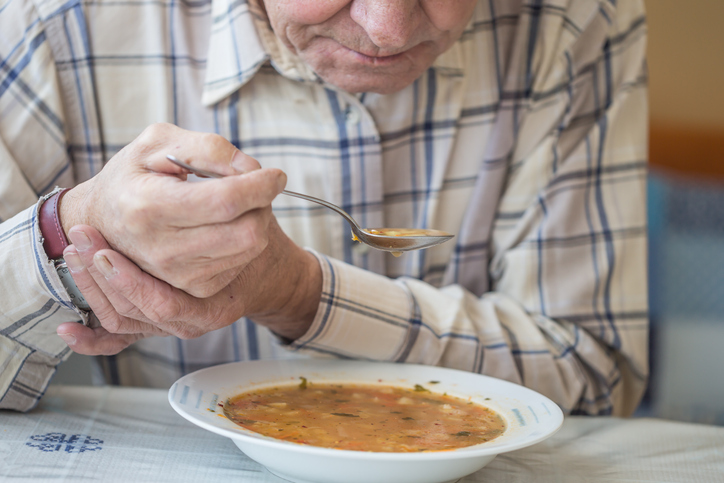Pain
What Is Pseudobulbar Palsy?

Pseudobulbar palsy is a condition in which the motor neurons that control movement of the muscles in the face, mouth, and throat become damaged. This damage affects the ability to speak, chew and swallow. Some individuals with pseudobulbar palsy experience pseudobulbar affect (involuntary laughing or crying, often at inappropriate times).
Pseudobulbar palsy commonly occurs in individuals who have had a stroke or those who have amyotrophic lateral sclerosis (ALS) or multiple sclerosis (MS).
Signs and symptoms
The signs and symptoms of pseudobulbar palsy include the following:
- Slowed or slurred speech
- Facial and tongue weakness
- Difficulty chewing or swallowing
- Unintentional weight loss
- Drooling
- Spasms of the vocal cords, which can cause changes in tone of voice
- Rapid or exaggerated changes in mood
- Uncontrollable crying or laughing
Causes
Pseudobulbar palsy occurs when nerves that carry messages from the cerebral cortex in the brain to the brain stem become damaged and cannot carry these messages. Any illness or injury that damages these nerves can lead to pseudobulbar palsy. Common causes include the following:
- Stroke
- Motor neuron diseases, such as ALS
- Multiple sclerosis or Parkinson’s disease
- Traumatic brain injury
- Cerebrovascular diseases
Risk factors
The occurrence of pseudobulbar palsy increases after age 50. It is also more common in males than in females. The presence of a disease associated with pseudobulbar palsy, such as MS or ALS, increases the risk of developing the condition.



















